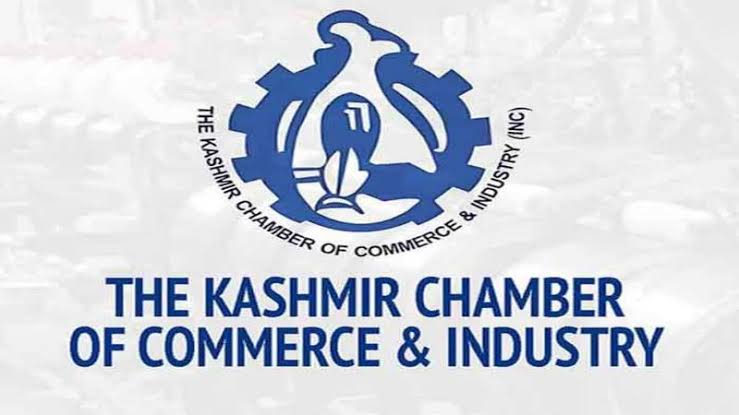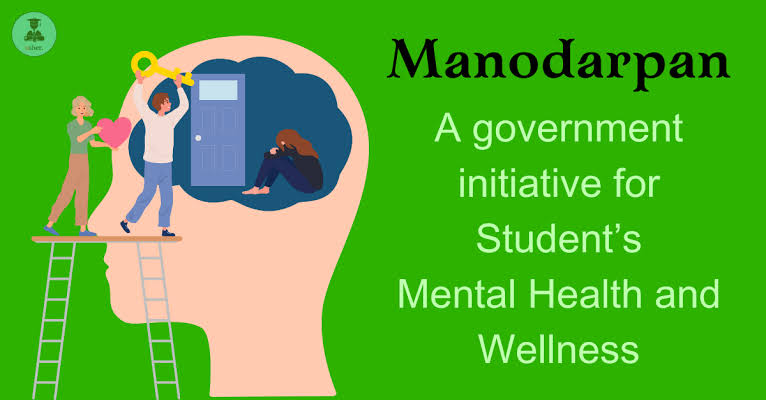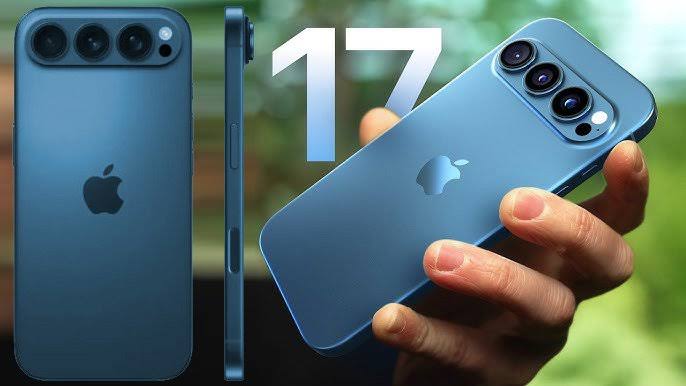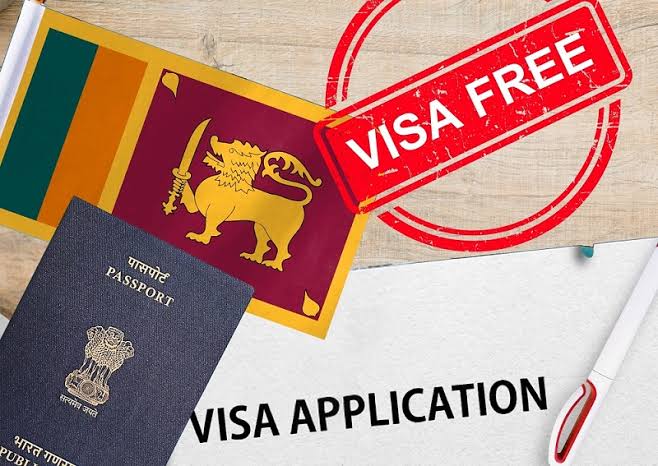
Follow WOWNEWS 24x7 on:
Updated: July 25, 2025 18:11
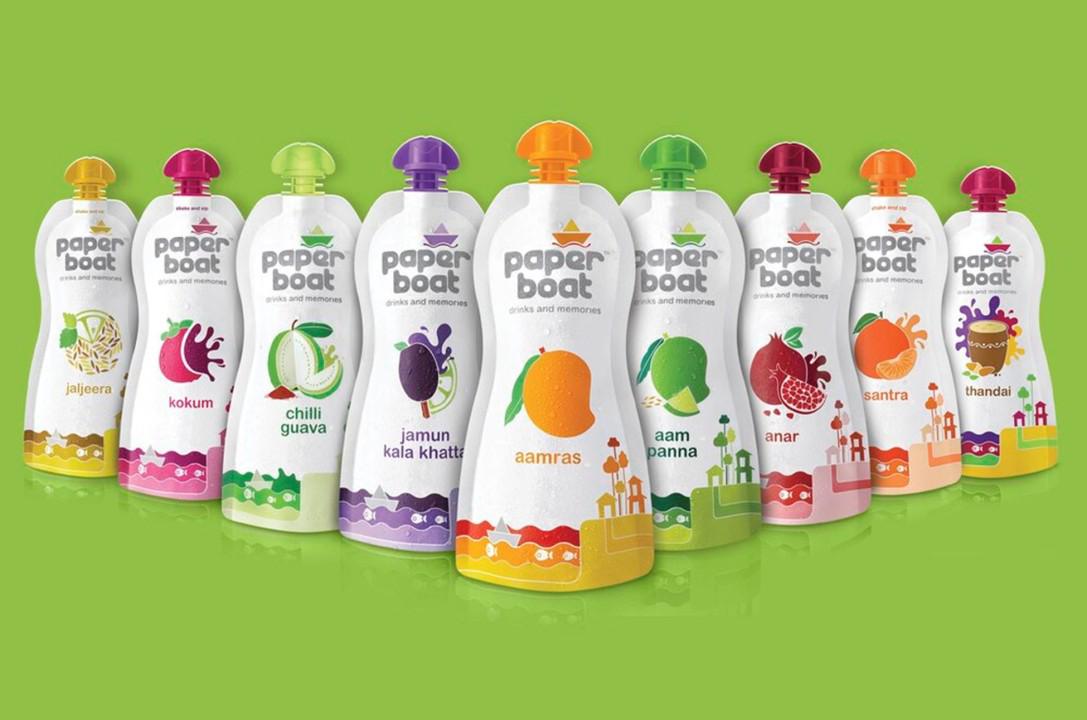
India’s beverage landscape has been shaken up by Paper Boat, a brand that transformed kitchen nostalgia into a ₹585 crore juggernaut. What began in 2009 as a humble kitchen conversation between Coca-Cola alumni Neeraj Kakkar and Neeraj Biyani, along with Suhas Misra and James Nuttall, is now a story of emotional branding, strategic innovation, and a reimagining of traditional Indian drinks.
Journey from Zero to FMCG Hero
• The Paper Boat founders initially tried launching energy and protein drinks—both of which failed to spark market interest. The turning point came when they noticed a gap: India’s beloved homemade beverages like aam panna and jaljeera were vanishing from urban shelves.
• Drawing inspiration from childhood Tiffin routines and culinary nostalgia, they created drinks evoking memories of home. Launched in 2013, Paper Boat found immediate resonance with an audience hungry for authentic, preservative-free flavors.
• The brand’s signature: innovative, recyclable space-packaging that evokes the playful simplicity of 90s monsoons and carries its “Drinks and Memories” theme.
Market Performance and Strategic Growth
• In FY24, Paper Boat posted a record ₹585 crore in revenue, up 16% year-on-year, with losses reduced by nearly half—a sharp improvement attributed to operational discipline and strategic product diversification.
• Over 52% of revenue comes from trade sales (products made by third parties), while company-owned manufactured offerings make up the rest.
• The brand continues to expand, not only with drinks but also with packaged snacks targeting the same nostalgic sweet spot, and it has attracted major investments, including from GIC, Sofina Ventures, and A91 Partners.
• Paper Boat has avoided celebrity endorsements, instead relying on storytelling, digital campaigns, and emotional advertising. This approach nurtured an organic, loyal following, especially among urban Indians and the diaspora.
Category Creation and Industry Impact
• Paper Boat created a new category within the fiercely competitive FMCG segment: traditional Indian drinks made modern, healthy, and convenient.
• Its differentiation—natural ingredients, low sugar, and no artificial preservatives—spoke to evolving consumer preferences for health and authenticity.
• The brand’s expansion into international markets, including the US, UK, and Middle East, leveraged nostalgia as a unique selling proposition for global Indians.
Lessons in Leadership
• The Paper Boat story exemplifies the power of resilience, differentiation, and the deep value of cultural storytelling in branding. Moving from kitchen trials to category leadership, it has bottled a piece of Indian childhood and poured it into an enduring business legacy.
Sources: Scroll.in, Think Tank, Business Outreach, Storyboard18

